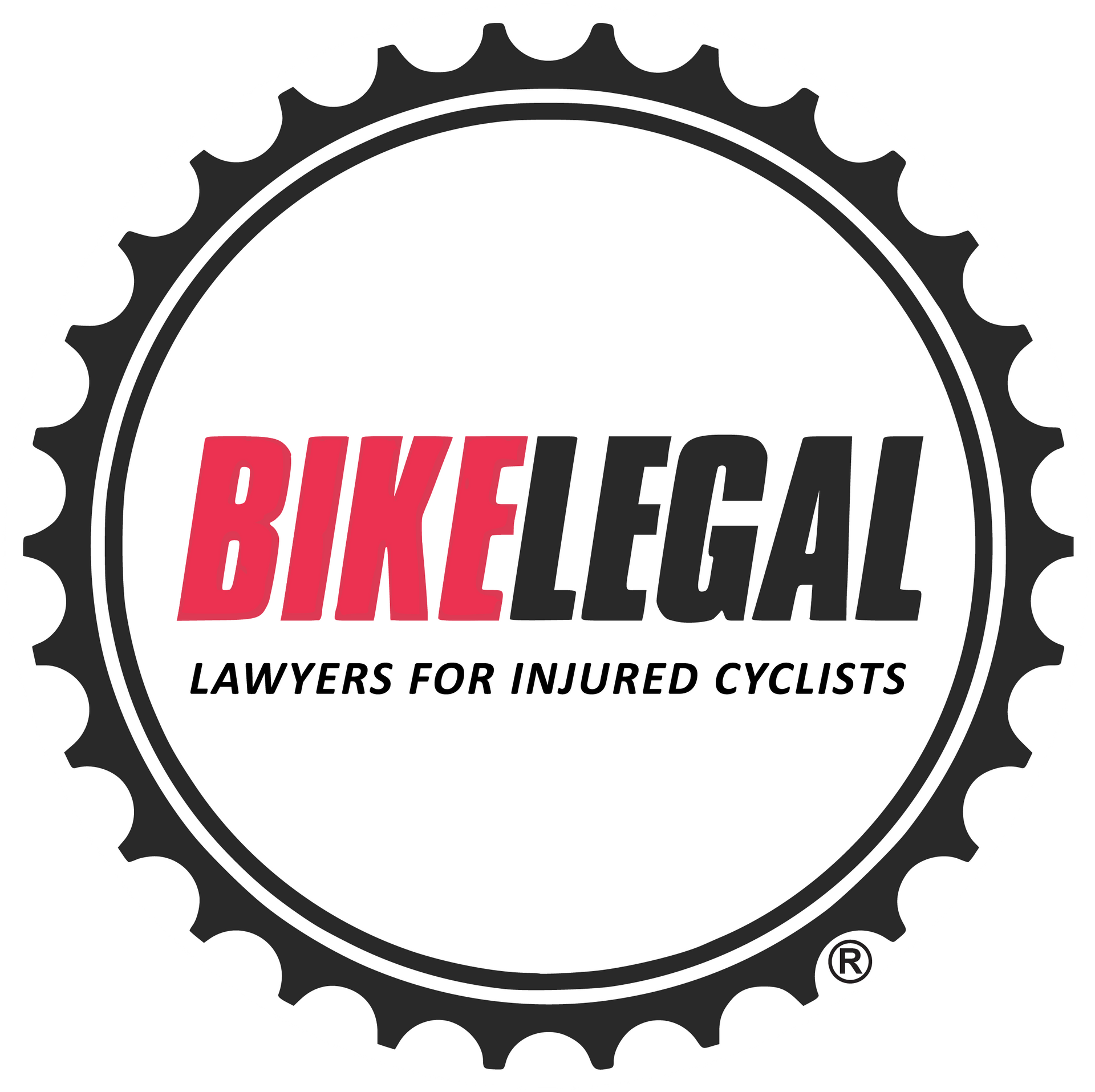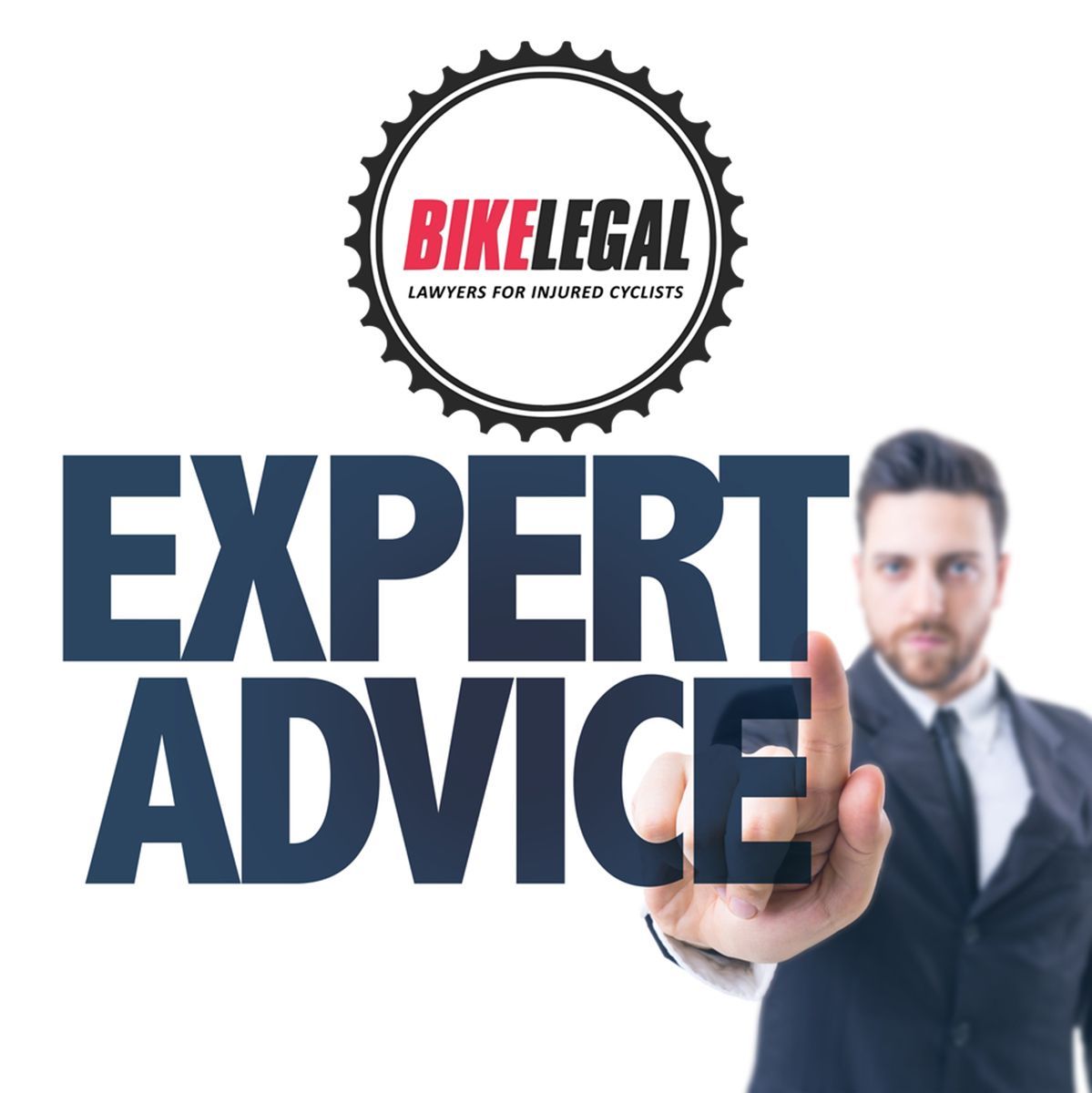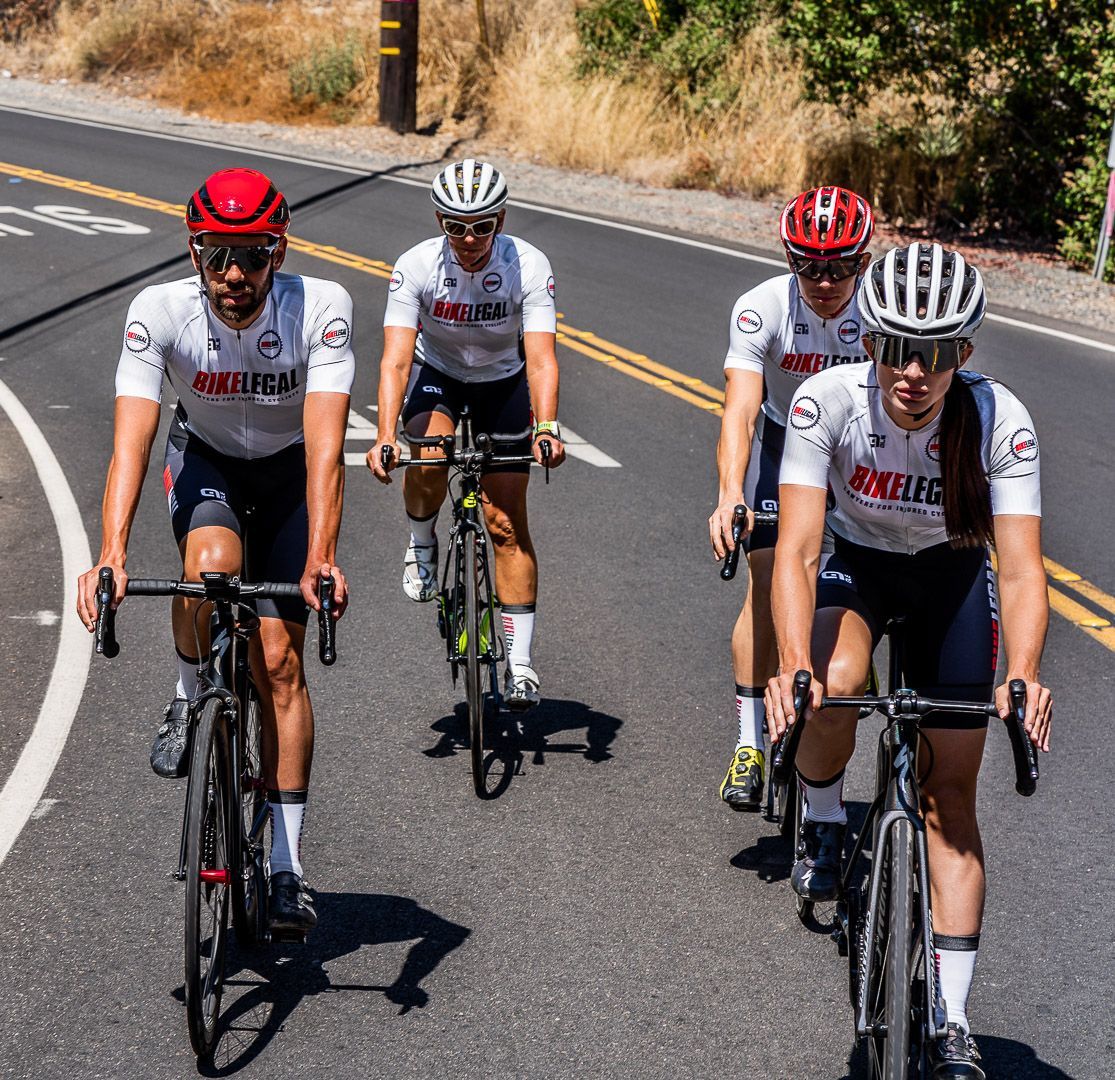16 Important Questions to Ask Your Personal Injury Lawyer
Follow us on
social media!
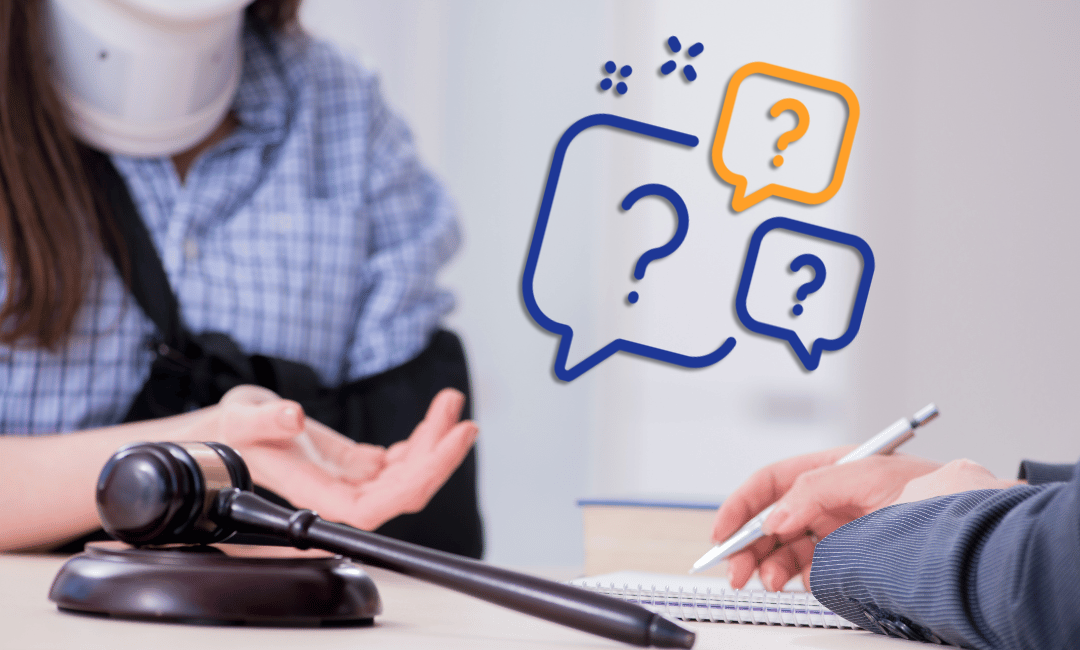
Choosing the right personal injury lawyer isn't just about picking a name from a list; it's about finding someone who can be your advocate, your voice, and your champion in a challenging time. Did you know that the right questions can significantly influence the outcome of your case? This article is your essential guide to ensuring you're not just another case number but a priority.
Here's what we'll dive into:
- Key questions to ensure your personal injury lawyer is the perfect fit for your case.
- Insider tips on selecting a lawyer who aligns with your needs and goals.
- What to anticipate in your first meeting to set the stage for a successful partnership.
Read on to find more and empower your legal journey.
Essential Questions for Your Personal Injury Lawyer
When embarking on the journey to seek justice and compensation for your personal injury, the first step is ensuring you have the right legal partner by your side. Let us guide you through the pivotal questions to ask your potential personal injury lawyer, ensuring they're competent and the right fit for your unique situation.
1. Will you be the attorney that is actually handling my case?
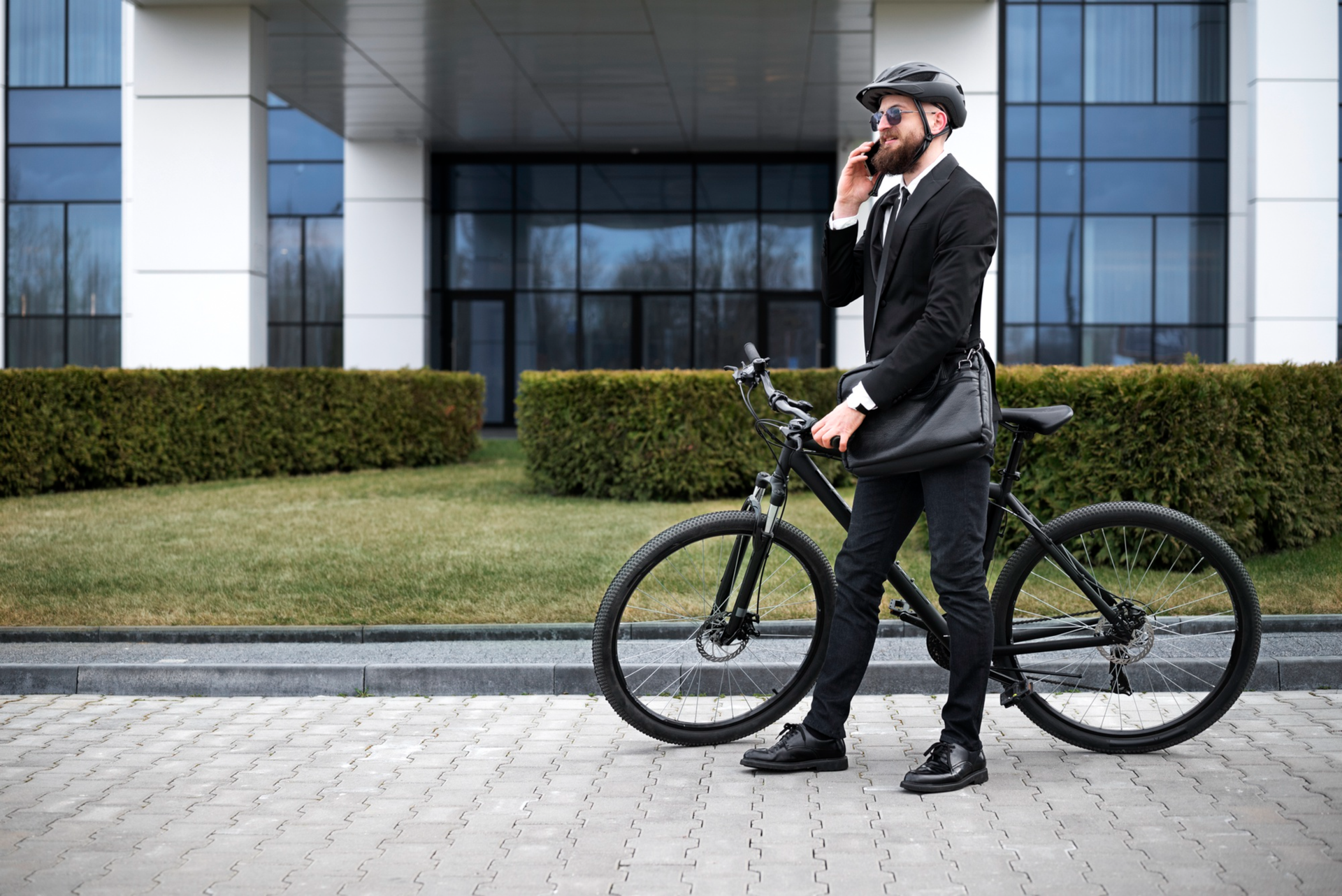
It's essential to clarify who will be managing your case to ensure you know who your primary point of contact will be. In some personal injury firms, the most personal injury attorneys you first meet might not be the ones who will handle your case day-to-day.
Your case could be managed by another personal injury attorney within the firm or even a team of legal professionals. Knowing who will be directly responsible for your case helps establish a clear line of communication and ensures you understand who to reach out to with questions or for updates. It also provides insight into the level of attention and expertise your case will receive.
2. What do you need from me before and during my case?
Your lawyer will likely need various pieces of information and documentation from you to build a strong case.
- Initially, they'll require all the details about the incident, including any evidence you've gathered, such as photos, witness information, and reports.
- Medical records and documentation of your injuries and treatments are crucial, as well as any records of expenses related to the incident.
- You may need to provide additional documentation, answer follow-up questions, or participate in depositions or court appearances.
During the case, your ongoing communication and cooperation are vital. Your attorney will guide you on how to communicate effectively, especially regarding interactions with third parties, to ensure your case remains strong. Being responsive, organized, and forthcoming with your legal team is essential for the success of your case.
3. Do I have a personal injury case?
Your initial consultation is more than just a meeting; it's the cornerstone of your legal journey. Here's how to tackle it:
- Straight to the point: Ask the big question – "Do I have a case?" It's straightforward but deep, setting the stage for everything that follows.
- Expert evaluation: Expect a thorough assessment. Your lawyer should dive into the specifics of your incident, dissecting the nuances of personal injury law as they apply to you.
- Strengths and challenges: Get ready for a candid breakdown. Your lawyer will outline what works in your favor and the hurdles you might face.
- Setting expectations: This is your roadmap. Understanding the legal landscape helps set realistic expectations for your journey ahead.
This initial query is your stepping stone to clarity, guiding you through the legal maze with confidence and setting the tone for your path forward.
4. Do cases like mine usually settle out of court or go to trial?

It's insightful to ask whether cases similar to yours typically settle or proceed to trial. Your lawyer should provide a general overview based on their experience and knowledge of similar cases. While many personal injury cases settle out of court due to the time, expense, and unpredictability of trials, some cases do go to trial if a fair agreement cannot be reached.
The tendency to settle or litigate can depend on various factors, including:
- The specifics of your case
- The involved parties' willingness to negotiate
- The potential compensation at stake
Understanding these trends can help set your expectations and prepare you for the possible paths your case might take.
5. What happens if my case goes to trial?
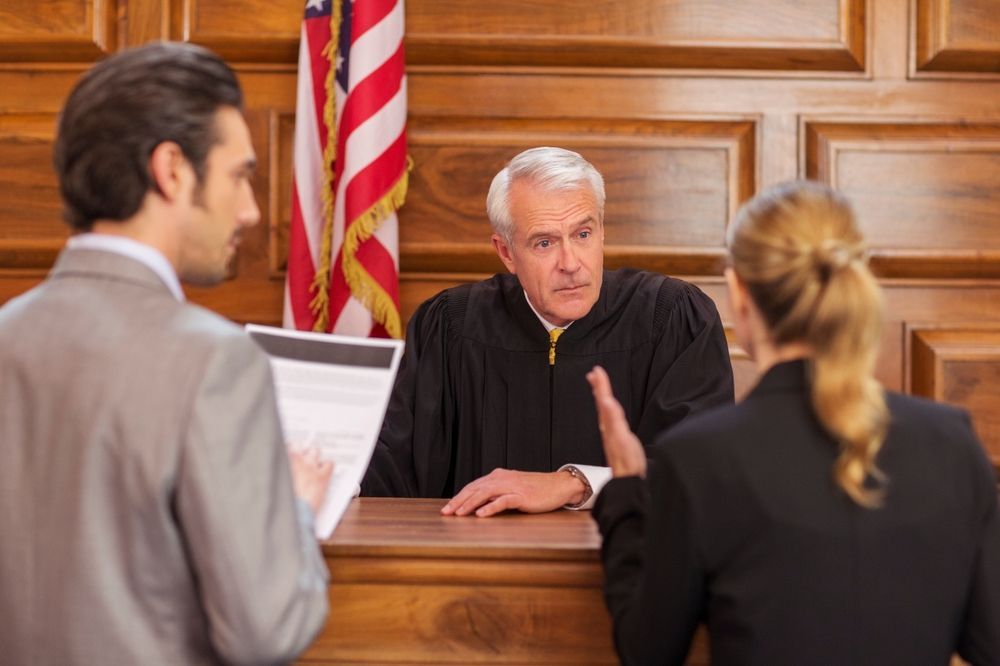
If your case goes to trial, the dynamics shift significantly. Your lawyer should explain that a trial involves presenting your case in front of a judge or jury, which can be more time-consuming and complex than settling out of court. They'll outline the steps, from selecting a jury to presenting evidence and witness testimonies.
Your lawyer will also discuss how they'll advocate for you in court, the potential for cross-examination, and the overall strategy to achieve a favorable verdict. Understanding this process is crucial, as it prepares you for the possible scenarios and decisions you might face, ensuring you're not caught off guard if your case advances to this stage.
6. Will the compensation fee change if the case goes to trial?
When discussing the possibility of a trial, it's essential to understand how it might affect your lawyer's fees. Typically, the fee structure agreed upon in personal injury cases—often a contingency fee—increases if the case goes to trial.
The overall costs associated with pursuing your case will increase due to additional expenses like court fees, expert witness fees, and other trial-related costs.
Your lawyer should provide a clear explanation of how these costs are handled and whether they would be deducted from your compensation or required upfront. This transparency ensures you're fully informed about the financial implications of a trial.
7. What is my personal injury case worth?
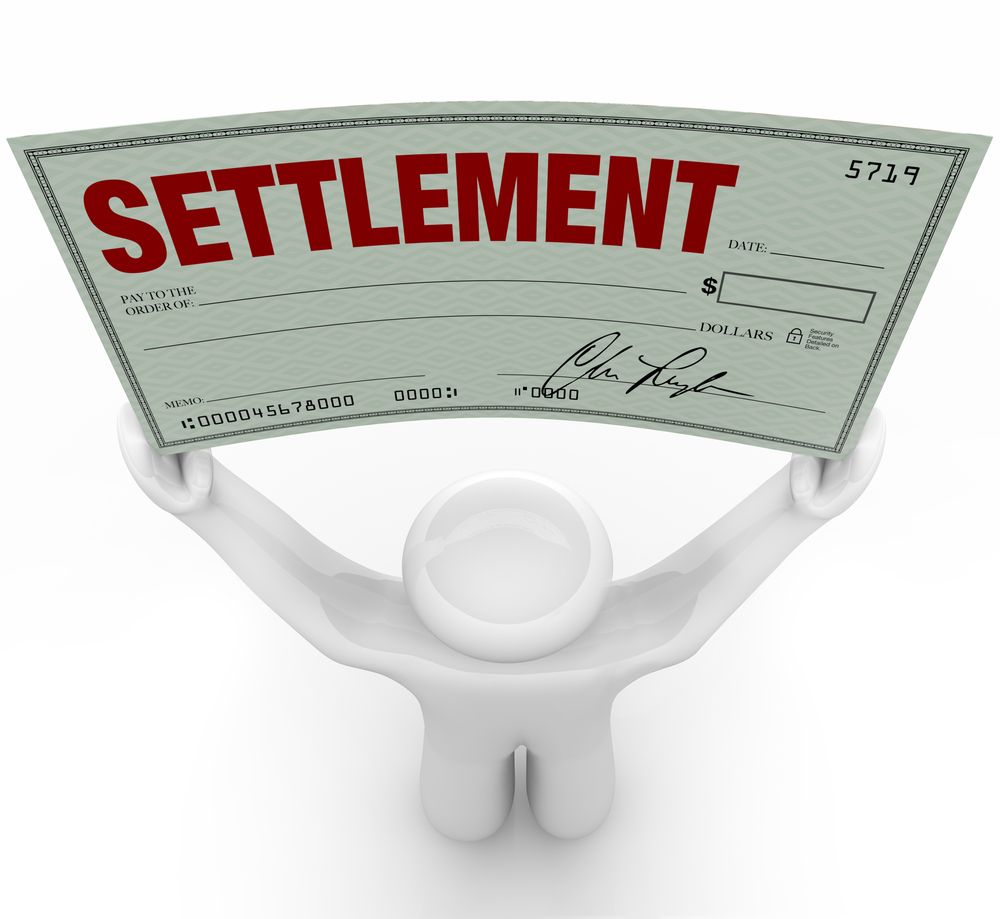
After establishing the validity of your case, the next burning question is about the numbers: "What is my case worth?" This is where your lawyer's expertise truly shines, as they analyze various factors to estimate the potential value of your personal injury claim.
- Comprehensive analysis: Your lawyer will examine every detail, from medical expenses to lost wages, pain and suffering, and more.
- Realistic expectations: They'll provide a realistic range of potential outcomes, ensuring you're prepared for various scenarios.
- No sugarcoating: Expect honesty. A good lawyer won't inflate numbers to impress you; they'll give you the straight facts.
- Understanding variables: Learn about the factors that can increase or decrease the value of your claim, giving you a clearer picture of what to expect.
This conversation is pivotal, offering you a glimpse into the potential financial outcome of your case and helping you make informed decisions moving forward. It is important to understand that at the onset of a personal injury claim, it is generally too often to determine the full value of your case. Any estimate given is just that, an estimate, based on the information available at the time.
8. How long will my case take?
Understanding the timeline is crucial. Here's what to consider:
- Process overview: Your lawyer should outline the typical stages of a personal injury case, from filing to resolution.
- Time factors: Learn about the elements that can shorten or extend the duration, such as case complexity and court schedules.
- Patience is key: Embrace the journey. Quick settlements aren't always in your best interest.
9. What are your fees? Or how much do you charge?
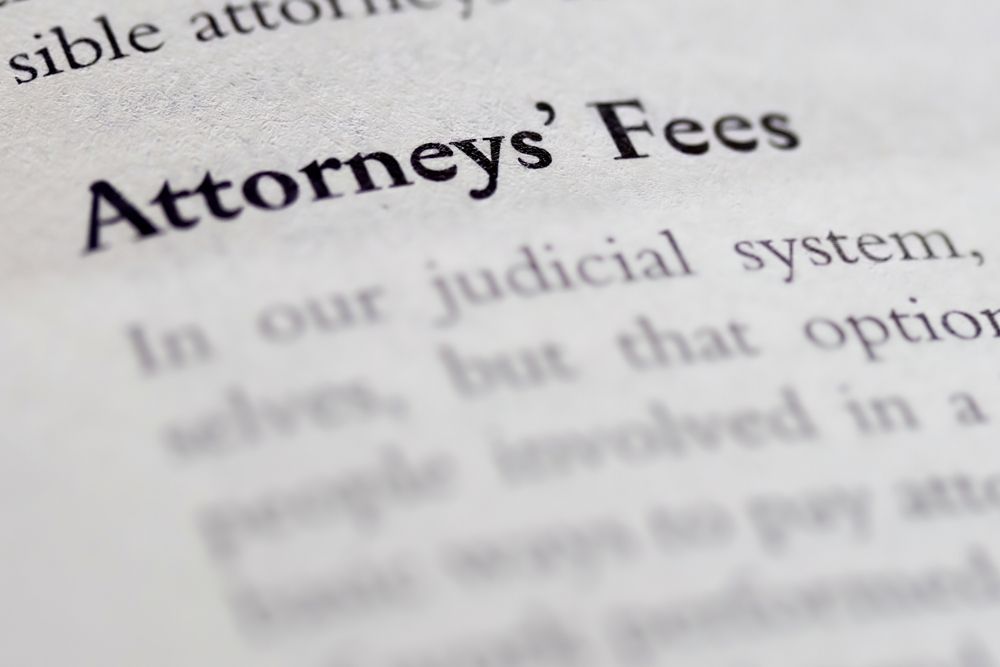
Money matters. Let's break it down:
- Fee structure: Most personal injury lawyers work on a contingency basis, meaning they get paid only if you win.
- Expense breakdown: Understand all potential costs, from court fees to administrative expenses.
- No surprises: A transparent discussion ensures you're not caught off guard by hidden fees.
Related article: How Do Fees for Bicycle Accident Lawyers Work?
10. How many cases like mine have you or your firm handled?
When you ask your lawyer about their experience with cases similar to yours, you're not just seeking numbers; you're gauging their familiarity and success rate with your specific type of case. A seasoned lawyer or firm will share their track record, providing insights into the number of cases they've handled that align with yours.
This information is not just about quantity but also about the quality of outcomes they've achieved. It's a way to assess their expertise and how well they understand the nuances of cases like yours. Their response can give you confidence in their ability to navigate the complexities of your situation and advocate effectively on your behalf.
11. How do you communicate with clients?
Understanding how your lawyer communicates with clients is crucial for establishing a smooth working relationship. You'll want to know how often and through what means they'll update you on your case's progress.
Will they reach out via phone, email, in-person meetings, or a client portal? It's also important to inquire about their responsiveness to client inquiries. Ask how quickly you can expect a response when you have questions or concerns. A lawyer who prioritizes clear, timely, and effective communication will help ensure you're always informed and comfortable with the progress of your case.
12. Do I need to contact the insurance company?

Insurance is a pivotal piece of the puzzle:
- Early notification: Informing your insurer promptly can be beneficial.
- Strategic communication: Be cautious. Your statements can impact your claim.
- Professional guidance: Let your lawyer guide these interactions to protect your interests.
13. What compensation can I expect?
Understanding the full scope of compensation is vital. Consider these questions:
- Comprehensive coverage: Beyond medical bills, what other types of compensation should you consider?
- Negotiation insights: How does your lawyer's negotiation prowess influence the potential value of your settlement?
- Future projections: How will your compensation address immediate needs and long-term repercussions of your injury?
14. What is my role in the lawsuit?
In a personal injury lawsuit, your role is pivotal yet distinct from that of your legal team. You're the key source of information about your injury and how it has impacted your life, so you'll need to provide detailed information and documentation to support your case.
This includes medical records, details of the incident, and any other relevant evidence. You may also be required to give a deposition, testify in court, or participate in mediation or settlement discussions.
While your lawyer will handle the legal strategy and court appearances, your cooperation, responsiveness, and honest communication are crucial for the success of your case. Your lawyer should guide you through what is expected of you at each stage, ensuring you're prepared and understand your responsibilities.
15. Will I be responsible for any case-related costs if I lose?
If your case doesn't result in a favorable outcome, it's crucial to understand the financial implications. Typically, in a contingency fee basis arrangement, you won't owe your attorney for their services if you lose. However, you may still be responsible for other case-related costs.
Your lawyer should clarify what financial responsibilities you would have if the case is not successful. This discussion ensures you are aware of any potential costs you might face, allowing you to make informed decisions throughout your legal journey.
16. Can I speak to a previous client?
Asking to speak with a previous client can provide valuable insights into the lawyer's handling of similar cases, but it's important to remember that attorney-client confidentiality may limit this possibility. While some clients may agree to share their experiences, lawyers must respect the privacy and confidentiality of all clients.
Instead, you can ask a personal injury lawyer for testimonials or case studies, which are often available and can provide a sense of their track record and client satisfaction. If direct contact with a previous client is possible and appropriate, the lawyer will facilitate this while ensuring all confidentiality and ethical standards are maintained.
Insider Tips on Selecting a Lawyer Who Aligns with Your Needs and Goals
Choosing the right personal injury lawyer is a decision that shouldn't be taken lightly. It's about finding someone who has the legal expertise and aligns with your personal needs and goals. Here are some insider tips to help you make an informed choice:
- Experience matters: Look for a personal injury lawyer with a proven track record in personal injury law, particularly with cases similar to yours. Their experience can significantly influence the outcome of your case.
- Bike Legal's team has a deep understanding of cycling accident cases, with personal injury attorneys who have handled over 500 cycling accident claims. Our specialized focus on bicycle accidents in various states demonstrates a breadth of experience that can be pivotal for clients.
- Communication is key: Ensure your lawyer values clear and timely communication. You want someone who will keep you informed and be readily available to address your concerns.
- Client testimonials: While confidentiality may prevent direct conversations with past clients, testimonials and reviews can offer insights into the lawyer's effectiveness and client satisfaction.
- Bike Legal's results and testimonials reflect our commitment to client satisfaction and success in handling cycling accident cases, showcasing our ability to effectively represent their clients.
- Comfort level: Your lawyer is your advocate. You should feel comfortable sharing details with them and confident in their ability to represent you.
- Bike Legal's approachable demeanor, as suggested by our active involvement in the cycling community and our educational initiatives, indicates we strive to create a comfortable and understanding environment for our clients.
- Transparent fee structure: Understand how the lawyer charges for their services. A clear and fair fee structure without hidden costs is crucial in establishing trust.
- Contact us for a free case evaluation, which includes a discussion about the fee structure, ensuring transparency and trust from the outset.
- Trial readiness: Even if most cases settle out of court, your lawyer should be prepared and willing to take your case to trial if necessary. This readiness can also influence the settlement offers from opposing parties.
- Bike Legal's assertion of having trial-tested attorneys indicates our readiness to take cases to court if necessary, showcasing our comprehensive approach to client's legal representation.
- Personalized approach: Every case is unique. Choose a lawyer who takes a personalized approach, tailoring their strategy to fit your specific situation and goals.
- The firm's focus on providing personalized service, as opposed to being a "personal injury mill," emphasizes our commitment to tailoring our strategies to meet individual client needs and goals.
- Resource availability: Ensure your lawyer has the necessary resources, including support staff and expert witnesses, to handle your case effectively.
- With a team spread across multiple states and a commitment to handling every aspect of the claim, Bike Legal has the necessary resources and expertise to effectively manage cases.
- Initial consultation: Use the initial consultation to gauge the lawyer's expertise, communication style, and commitment to your case. This meeting is crucial in determining whether they are the right fit for you.
- Offering a free consultation, Bike Legal provides an opportunity for potential clients to gauge the firm's fit for their needs and to assess the lawyer's compatibility with your case.
By considering these factors, you can select a personal injury lawyer with the expertise to handle your case and respects your individual needs and objectives, ensuring a partnership conducive to achieving the best possible outcome.
What to Anticipate in Your First Meeting to Set the Stage for a Successful Partnership
Your initial consultation with a personal injury lawyer is a critical step in your legal journey, especially when dealing with specialized cases like bicycle accidents. Here's what you can expect during your first meeting with a practicing personal injury law firm like Bike Legal to ensure a solid foundation for your partnership:
- Understanding your case: Expect a thorough discussion about your accident. The attorney will want to know every detail to assess your case accurately. This includes how the accident occurred, the extent of your injuries, and the impact on your daily life.
- Legal expertise: The attorney will explain the legal aspects of your case, including the relevant laws and how they apply to your situation. Given Bike Legal's focus on bicycle accidents, we will provide insights specific to cycling laws and cyclist rights.
- Case strategy: You'll discuss the potential strategies for your case. This includes whether to settle or go to trial.
- Communication plan: Establish how you'll communicate throughout your case. Understanding the firm's communication style and frequency will help set expectations for updates and interactions.
- Documentation and evidence: A reputable personal injury attorney will advise you on what documentation and evidence are needed to support your case, such as medical records, bike or car accident reports, and witness statements.
- Fee structure: Transparency about costs is crucial. You'll discuss the fee structure, ensuring you understand any fees associated with your case, including what happens if the case is won or lost.
- Next steps: Before concluding the meeting, you'll outline the next steps. This includes what immediate actions need to be taken and what you should expect in the coming weeks and months.
This first meeting is your opportunity to build trust and ensure you're comfortable with the attorney's approach to your case. With a firm like Bike Legal, you can anticipate a meeting that addresses the specifics of your case and demonstrates a commitment to representing the cycling community effectively.
Ready to Move Forward with Bike Legal?
You've navigated the essentials of selecting a personal injury lawyer and understanding what to expect in your first meeting. Now, you're equipped with the knowledge to make informed decisions and set the stage for a successful legal partnership.
- Experience and specialization matter when choosing an experienced lawyer.
- Clear communication sets the foundation for trust.
- Understanding the fee structure avoids surprises.
- Your first meeting is crucial for setting expectations and strategy.
When protecting your rights as a cyclist, Bike Legal stands out as a dedicated partner. Their specialized focus on bicycle accidents ensures you're not just another case number but a valued member of the cycling community they passionately serve. With Bike Legal, you're on the right track to achieving justice and the compensation you deserve.
Ready to take the next step? Call us today at (877) 245-3534 and set the wheels in motion towards justice and the compensation you deserve.
